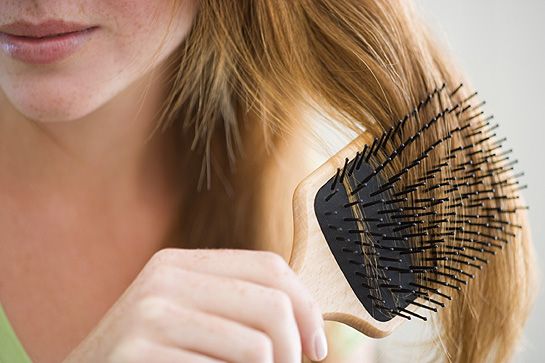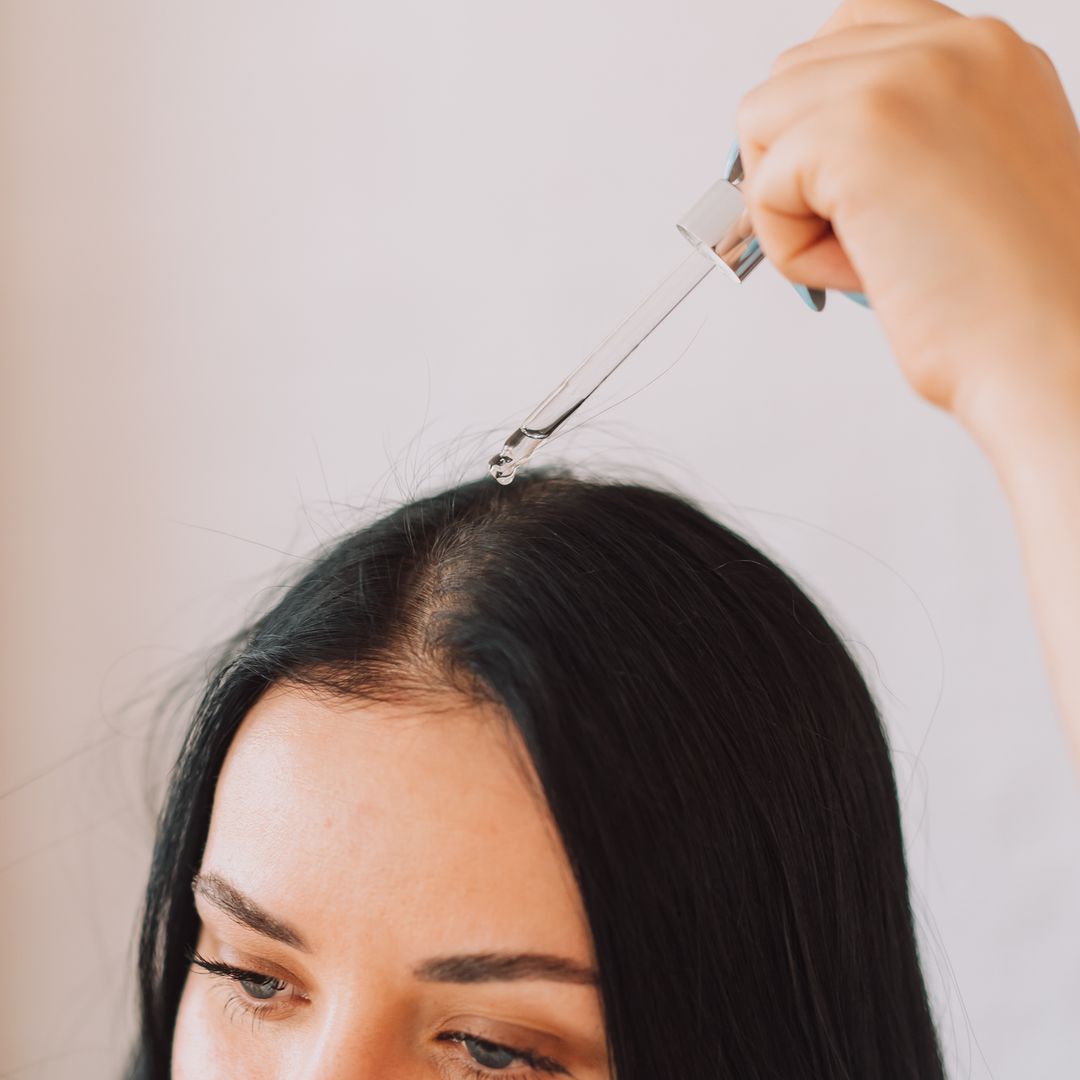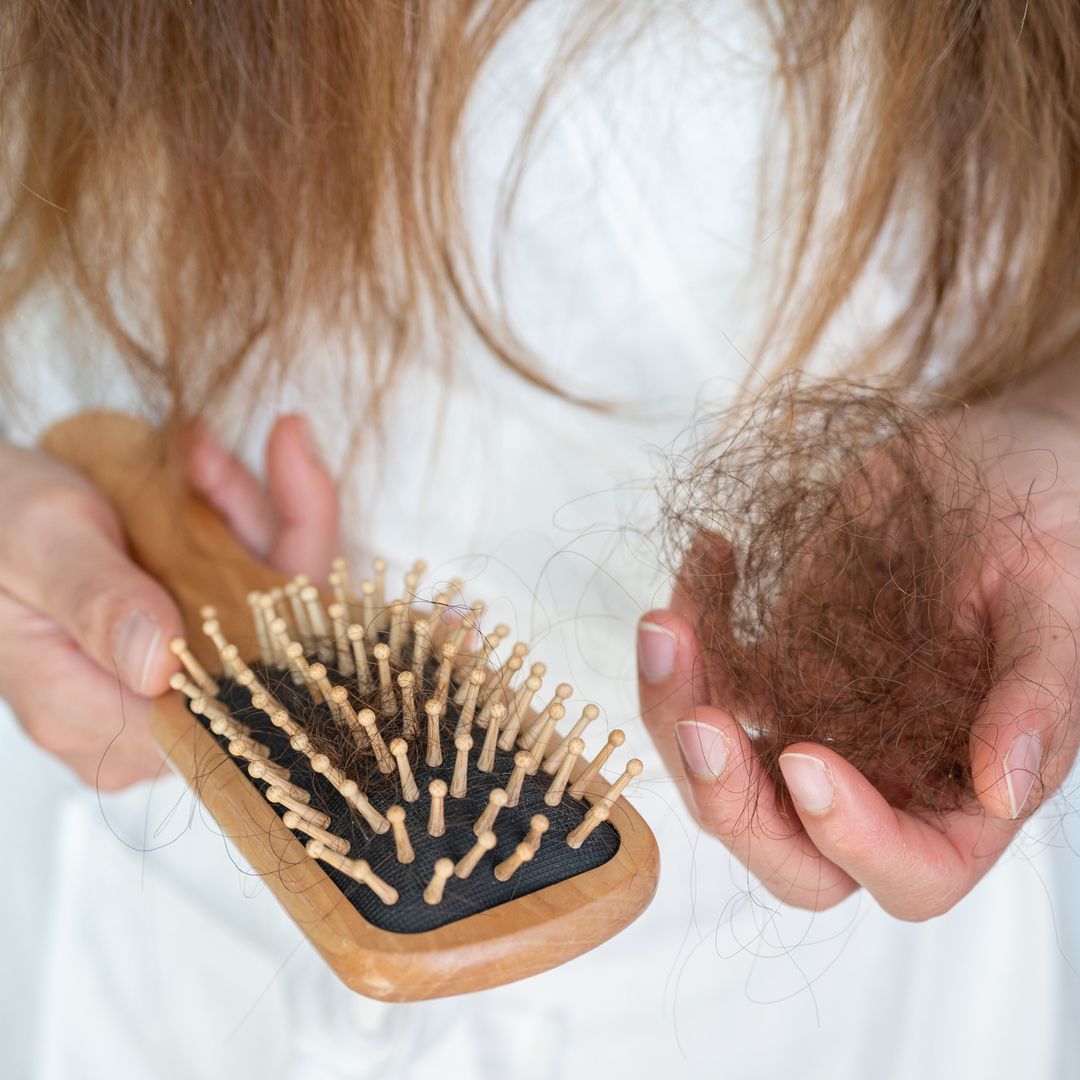It's autumn and the leaves are beginning to fall; strangely, many people will also be noticing increased hair loss at this time of year. Let's take a look at some of the reasons behind hair loss and whether it's something you should be worrying about.
Normal hair loss An average scalp contains about 100,000 hairs, each of which is born, grows and dies, having an average lifetime of between four and five years. Each day we lose a number of hairs which are replaced in the natural course of things by new ones. Daily hair loss – usually around 50 to 100 hairs – is perfectly normal, and not something to worry about. Baldness is usually caused by new hairs not being produced, rather than by this natural process of hair loss. There are, however, some lifestyle habits and health and physical changes that will increase the likelihood and rate of hair loss.Dieting Low-calorie diets (less than 1,200 calories a day) can cause hair to fall out; the more abrupt the dieting, the more serious the associated hair loss. To avoid this, you can take supplements to protect your hair during the diet and for a time after you stop dieting. Remember, too, that gradual weight loss is less stressful to the body and is often more successful in the long term than crash dieting.StressIt isn't surprising that a period of stress can affect our bodies and increase hair loss. What may be surprising, though, is that the loss usually occurs once the stress is over and the situation is back to normal. Fortunately, the increased hair loss is usually temporary.Age As we grow, the same number of follicles cover the larger body area, meaning that an adult's hair density is less than a chid's. As we get older, too, new hair tends to be finer and lighter in colour, and some hair follicles stop producing new hairs altogether. In men, this may result in male-pattern baldness – with the focus on a receding hairline and thinning around the crown, while female-pattern baldness is typified by a more general thinning across the scalp. After menopause, women experience an increase in male hormones which may exacerbate the problem. Pregnancy and birth During pregnancy, the normal hair-loss process pauses, resulting in a thicker mane of hair. Once the birth is over, though, all the hairs that have out-stayed their normal lifespan will fall. Since most of them do this at about the same time, it can be quite worrying, but is in fact perfectly normal. Don't panic: your hair will shortly return to its normal behaviour pattern again. Seasonal changesThere is as yet no known reason, but it's been observed that in spring and autumn we tend to lose more hair than usual, as if our bodies were renewing themselves for the new season.
As usual, the best thing to do is to observe your own body's behaviour, learn to recognise what's normal for you and watch for significant changes. Also make note of any associated symptoms, such as itching or flaking of the scalp. Your regular hairdresser should be able to ahelp you decide whether there is any reason to consult a doctor.








